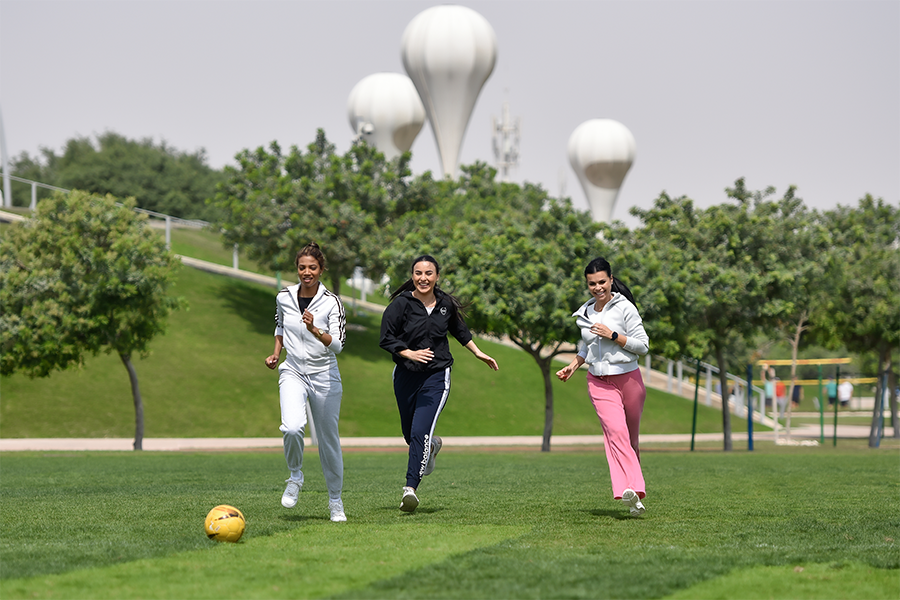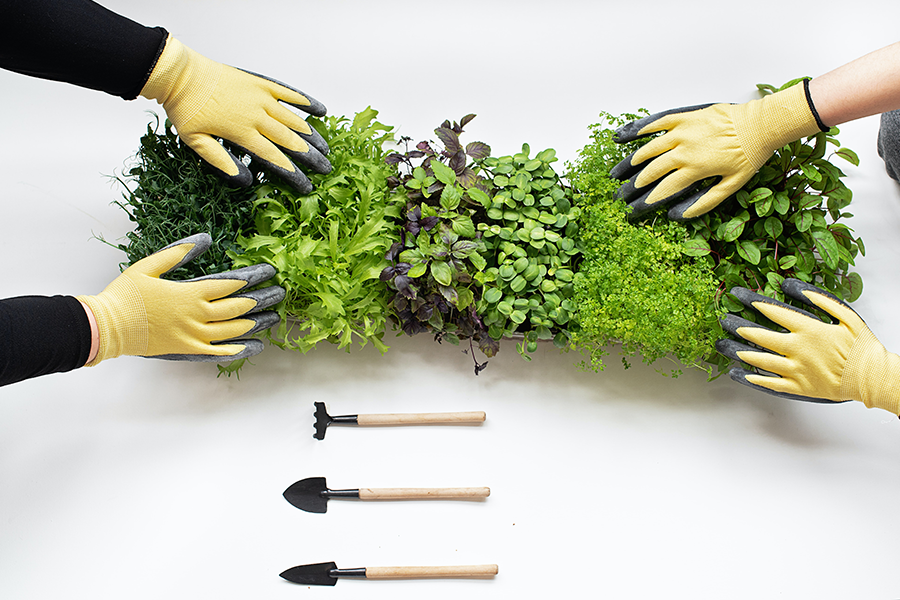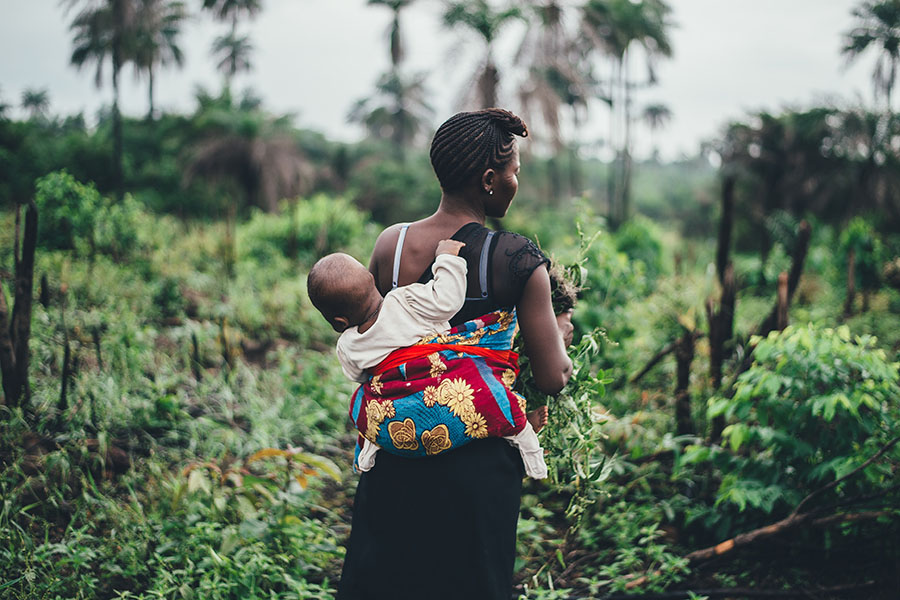
Having visited the BBC News website I was warmed by the story of “ the vehicle that got a village smiling”. Bardo, a remote village in northern Nigeria, is thirty kilometres away from the nearest hospital. There are no cars, buses, or taxis. Pregnant mothers there now have an emergency contact number which will call a car and driver, day and night, to drive them to safety and the care of professional obstetricians.
Fifty thousand women die in Nigeria every year through childbirth. Over a two year period eighteen expectant mothers died in Bardo. With no access to an emergency vehicle, babies died when the journey on foot to hospital became too traumatic. Arriving sooner to hospital in more comfort prevents lives being lost.
Enough was enough and a woman from Bardo called Halima had the idea to apportion each month a percentage of the government allowance granted to the village for essentials. In a few months they raised three thousand dollars and bought the vehicle they now call Haihuwa Lafiya (Safe Motherhood). A small fare is charged to cover maintenance costs, fuel, and a wage for the driver Yunusa Mohammed. True to the taxi code, Mohammed says “ I am always calm and do my job with pride and am always happy to help as I see it as my duty”.
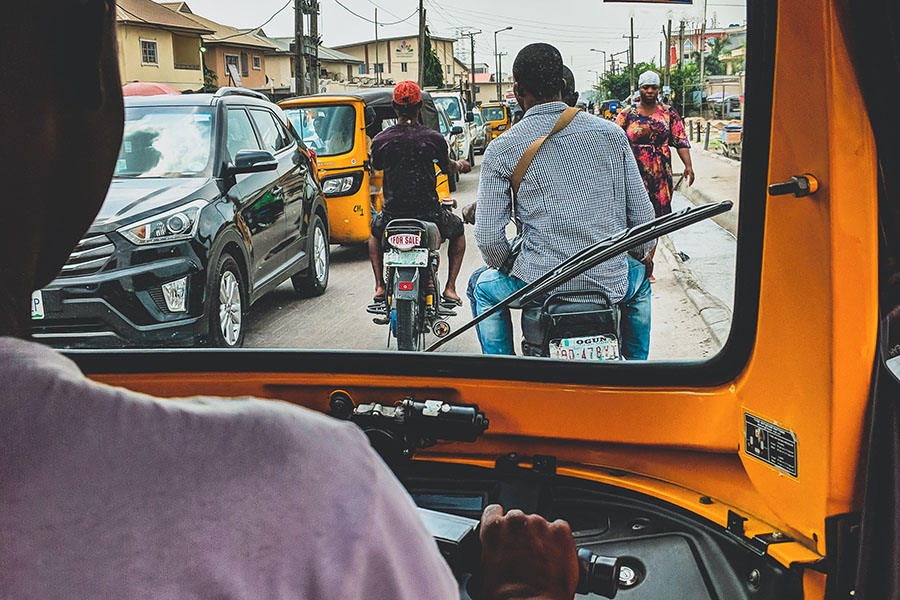
A treasure of the developed world or a scourge, some decry the prevalence of motor vehicles on our roads yet here is a perfect example of their true application. Funded by the community, for the community. Saving mothers and their children. Lacking factors crucial to motor production such as education, economic strength and a grasp of industry, Yunusa Mohammed supersedes this to save lives. He is taking a bold step into the developed world, his subsistence existence fast-tracked by modern technical innovation in the face of the ancient social and cultural mores of his people.
Having a taxi service is indicative of a certain amount of social, cultural and technological development. It implies a level of infrastructure and education both more commonly seen in the First World or the wealthy elite in developing nations.
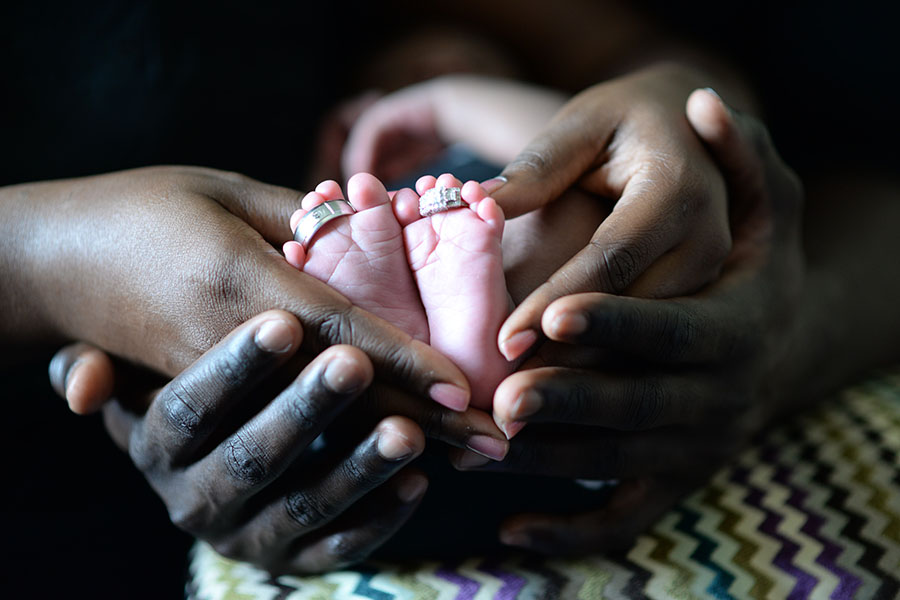
I have experience as a taxi driver in the UK in the Devonshire town of Tavistock where hailing a cab is more of a commodity for the masses than in rural Nigeria. However, I took pride in my work and greeted each day as an unknown not knowing where the road might take me from one moment to the next. Many people the world over make commitments by choosing varying paths in life. Like Halima, Yunusa Mohammed, and the people of Bardo we take our lives in our hands but also take a leap of faith![]()
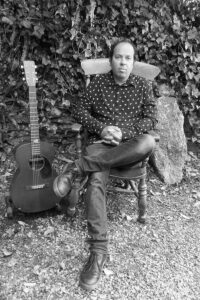
I’m D.B.G (Dan Barnaby Goddard), a writer and recording artist based on Dartmoor in the West of the U.K. My songs are musical poems reflecting things I have seen and felt throughout my life and I’m always on the lookout for stories which reaffirm my trust in humanity and the human spirit.
In this Buzz column I seek out instances to fill in the spaces left by an increasingly corporate world, commenting on the unpredictable and heart warming gems which are created as the wheels of power keep turning round.




